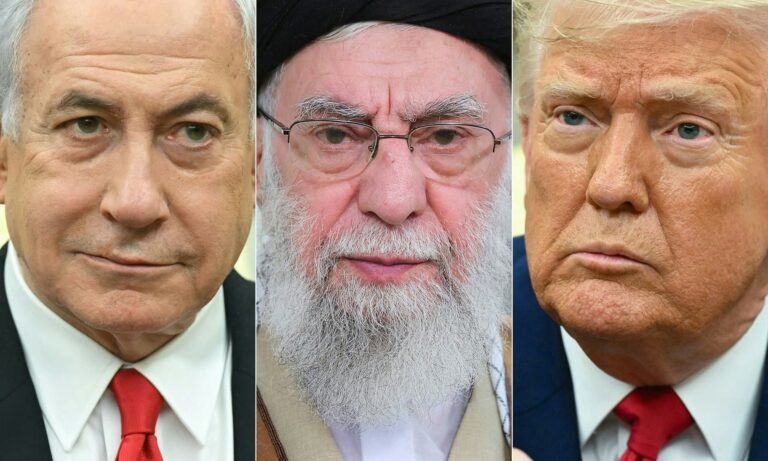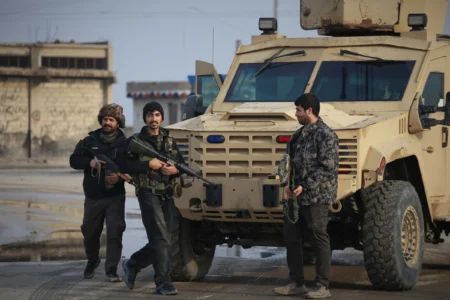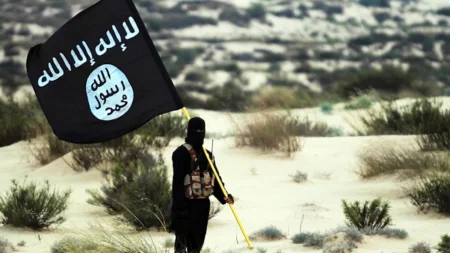Former U.S. President Donald Trump has announced that Iran and Israel have agreed to a complete ceasefire following days of escalating attacks. Trump made the claim on Monday afternoon, U.S. local time, through a post on his social media platform, Truth Social.
According to Trump, both countries will stop their military actions in a phased manner. Iran will halt its operations first, followed by Israel. Within 12 hours, this move is expected to lead to a temporary ceasefire. After 24 hours, the ceasefire will be declared official, marking the end of what Trump referred to as a “12-day war” between the two nations.
In his post, Trump said he hopes the ceasefire will last and that both sides will show respect for each other during this time. He wrote, “Now is the time for peace,” and referred to the deal as “a new and improved package” that can save lives and bring progress.
The announcement came just hours after Iran launched attacks on U.S. military bases located in Qatar and Iraq. This was reportedly in response to a U.S. strike on Iran’s nuclear facility, which had escalated tensions across the Middle East.
Despite Trump’s declaration, there has been no official confirmation from either Iran or Israel regarding any ceasefire agreement. As of now, neither country has issued a public statement confirming that such an agreement exists or is underway.
The post quickly gained attention online, raising questions about whether any formal talks had taken place behind closed doors. Trump did not provide any details about how the ceasefire was arranged or who was involved in the negotiation process.
Later that day, U.S. Vice President J.D. Vance spoke with Fox News and praised Trump’s effort in securing what he described as a “critical peace deal.” Vance emphasized that such leadership was essential at a time when the region stood on the edge of a wider war.
However, confusion grew as a government official from Iran told CNN that Tehran had not received any formal ceasefire proposal. The unnamed official stated that Iran was unaware of any agreement or scheduled halt to the conflict.
The absence of direct confirmation from Iran and Israel leaves Trump’s statement in a gray area. Still, his post appeared to ease some international tension as media outlets around the world reported on the possibility of an end to the latest round of hostilities.
The recent conflict erupted when the United States carried out a missile strike on a key Iranian nuclear facility. The strike was seen as a turning point and prompted Iran to respond by targeting U.S. military bases in the region.
The growing tension between Iran and Israel had already sparked global concern. Many countries feared that continued attacks could trigger a much wider war in the Middle East, with long-lasting impacts on global oil prices, trade, and regional stability.
The possible ceasefire could now serve as a crucial pause in hostilities, offering both nations and the international community a chance to seek a long-term solution. But without official acknowledgment from the main parties involved, the status of the deal remains unclear.
Observers note that Trump has taken personal credit for many diplomatic actions in the past, including the Abraham Accords between Israel and several Arab countries during his presidency. This latest announcement may be an attempt to showcase his influence in foreign policy once again.
Even so, foreign policy experts urge caution. They point out that ceasefires can often collapse without proper planning or clear agreements in place. Without clear documentation or mutual statements from the involved nations, it is hard to know how real or lasting the peace might be.
As the situation develops, attention will turn to whether Iran and Israel issue official responses and whether military activities cease as claimed. Global leaders are likely to weigh in soon, especially if there are signs of stability returning to the region.
Until then, the world watches and waits to see if peace will indeed take hold—or if the violence will resume once again.







